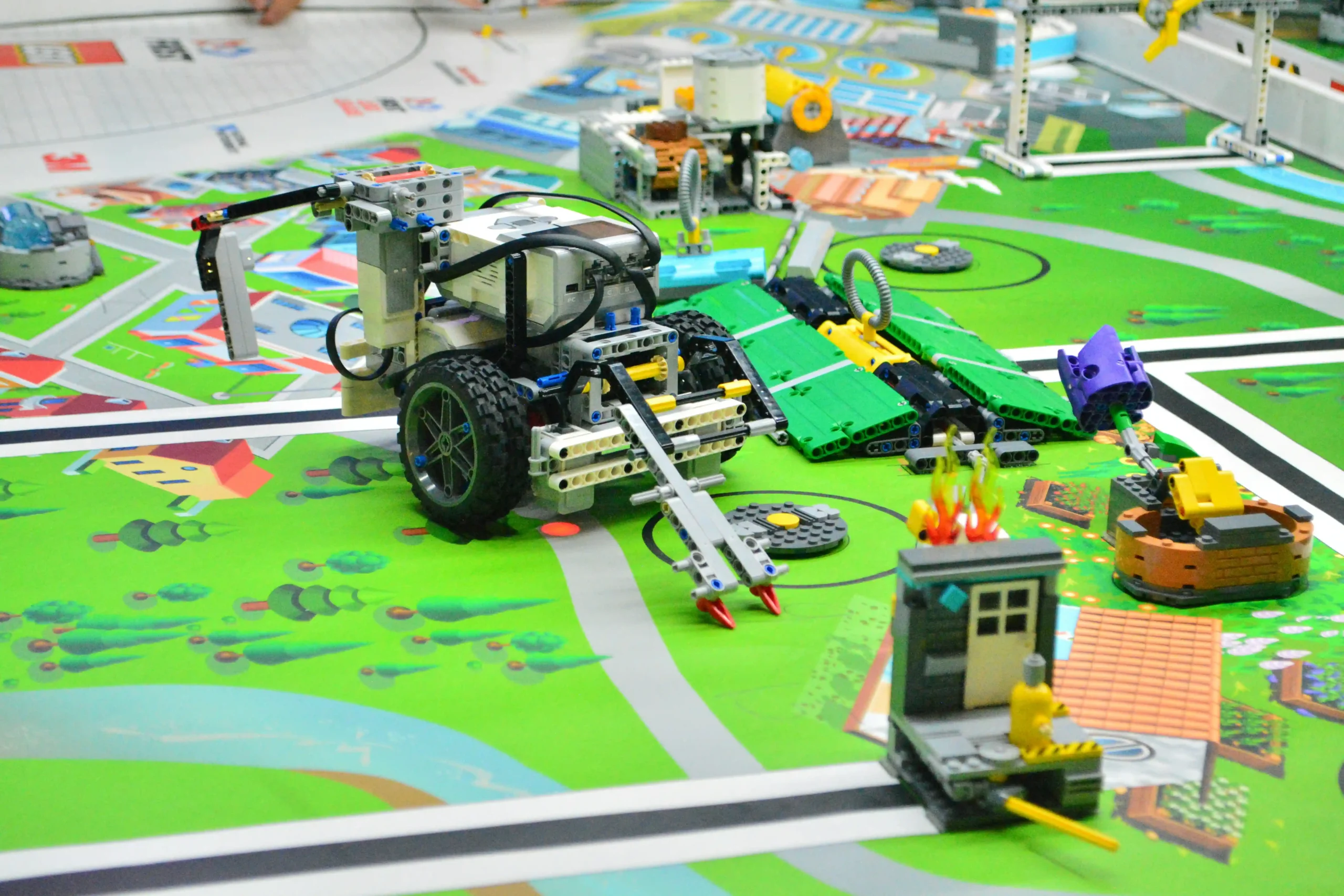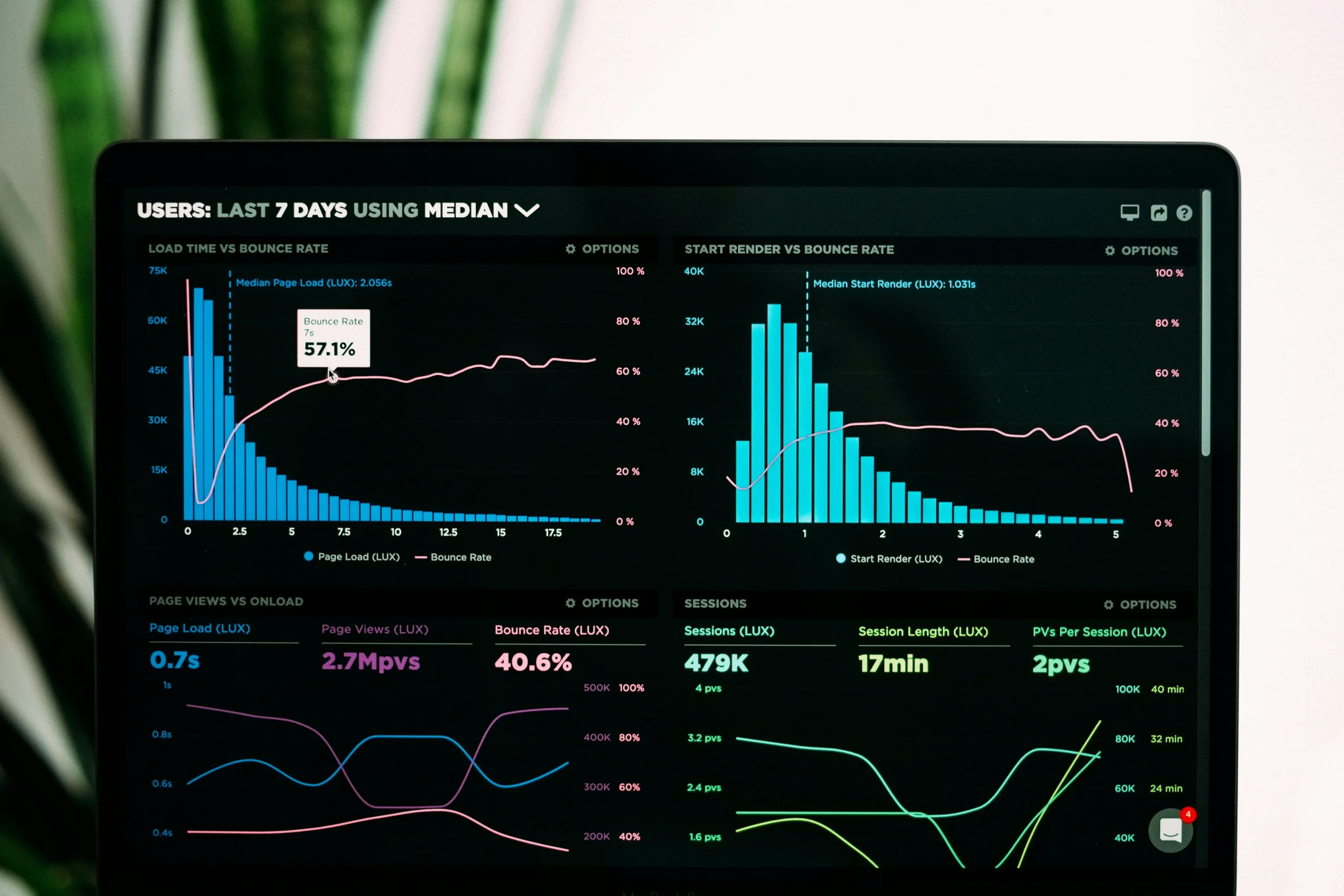Artificial Intelligence in 2025: The Game-Changers You Can’t Ignore
Imagine a world where AI companions draft your emails, self-healing software patches security flaws overnight, and personalized medical treatments are designed by algorithms before you even feel symptoms. Welcome to 2025—a year where artificial intelligence isn’t just a tool but a transformative force reshaping every industry. According to McKinsey, 84% of global enterprises now embed AI into their core operations, driving efficiency and innovation at unprecedented speeds. But what exactly sets the latest trends in artificial intelligence (2025) apart? From ethical frameworks to generative AI 2.0, this guide dives into the breakthroughs, strategies, and tools you need to thrive. Buckle up: the future is already here.
1. Generative AI 2.0: Beyond Text and Images
The Rise of Multi-Modal Creativity
Generative AI has evolved far beyond ChatGPT and DALL-E. In 2025, platforms like OpenAI’s GPT-5 and Google’s Gemini Ultra integrate text, audio, video, and 3D modeling into seamless workflows. For instance, marketers craft entire ad campaigns by describing a concept, while AI generates scripts, voiceovers, and lifelike video content in minutes. Tools like Runway ML now enable creators to prototype games or films using natural language prompts, slashing production timelines by 70%. The latest trends in artificial intelligence (2025) emphasize hyper-personalization, with systems adapting outputs based on user emotions detected via biometric data.
Ethical Implications and Safeguards
With great power comes great responsibility. As generative AI floods the digital landscape, regulators and companies are prioritizing transparency. The EU’s AI Act mandates watermarking AI-generated content, while startups like TrueMedia offer deepfake detection APIs. Brands like Nike leverage these tools to verify authenticity in user-generated campaigns, ensuring trust remains intact. The latest trends in artificial intelligence (2025) aren’t just about capability—they’re about accountability.
2. Autonomous AI Agents: Your New Digital Workforce
From Task Automation to Strategic Decision-Making
Gone are the days of simple chatbots. In 2025, autonomous AI agents like Adept’s ACT-2 manage complex workflows, from negotiating vendor contracts to optimizing supply chains in real time. For example, Tesla’s factories deploy AI “foremen” that predict equipment failures 48 hours in advance, reducing downtime by 30%. Entrepreneurs use platforms like AutoGPT to launch MVP apps with minimal coding, as AI handles backend development and user testing. The latest trends in artificial intelligence (2025) prove that autonomy isn’t a luxury—it’s a necessity for scaling efficiently.
Human-AI Collaboration Models
The fear of AI replacing jobs has shifted to excitement about augmentation. Companies like Salesforce integrate Einstein Copilot, an AI assistant that drafts CRM strategies while sales teams focus on client relationships. Similarly, doctors use IBM’s Watson Health to cross-analyze research papers and patient data, delivering diagnoses 40% faster. These latest trends in artificial intelligence (2025) highlight a symbiotic future where humans and machines co-create value.

3. Ethical AI: Bias Mitigation Goes Mainstream
Fairness as a Feature
In 2025, ethical AI isn’t optional—it’s demanded by consumers and investors alike. Tools like Microsoft’s Fairlearn and IBM’s AI Fairness 360 automatically audit algorithms for racial, gender, or socioeconomic bias. For instance, LinkedIn’s AI recruiting tools now adjust job descriptions to attract diverse candidates, boosting application rates from underrepresented groups by 22%. Meanwhile, the latest trends in artificial intelligence (2025) see governments adopting AI constitutions, like Canada’s Digital Charter Implementation Act, to enforce accountability in public-sector AI.
Green AI: Sustainability Meets Innovation
AI’s carbon footprint is under scrutiny. NVIDIA’s NeMo LLM reduces training energy costs by 50% using sparse computing techniques, while startups like Hugging Face optimize models for renewable energy grids. Even data centers are going green: Google’s DeepMind AI cuts cooling costs by 40% through predictive climate adjustments. Sustainability is now a core pillar of the latest trends in artificial intelligence (2025), proving that innovation and responsibility can coexist.
4. Edge AI: Intelligence at the Source
Speed, Privacy, and Offline Capabilities
Why wait for the cloud? Edge AI processes data locally on devices, enabling real-time decisions without latency. Apple’s M4 chips power iPhones that transcribe calls and translate languages offline, while Tesla’s Full Self-Driving 12.5 uses onboard AI to navigate remote areas with spotty connectivity. Retailers like Walmart deploy smart shelves with edge sensors that track inventory and predict restocking needs instantly. The latest trends in artificial intelligence (2025) prioritize decentralization, offering both speed and privacy advantages.
Healthcare Revolution at the Edge
Wearables are getting smarter. The FDA-approved Fitbit Health Guardian uses edge AI to detect atrial fibrillation through heart rate variability, alerting users to seek care before symptoms arise. Similarly, portable MRI machines with AI diagnostics bring advanced imaging to rural clinics, democratizing healthcare access. These latest trends in artificial intelligence (2025) save lives by putting power—literally—in the palms of patients.
5. Quantum AI: Solving the Unsolvable
Breaking Computational Barriers
Quantum computing supercharges AI’s problem-solving capacity. In 2025, Google’s Quantum AI Lab models molecular structures for drug discovery 1,000x faster than classical computers, accelerating treatments for diseases like Alzheimer’s. Financial firms like JPMorgan use quantum algorithms to predict market risks with 98% accuracy, even during black swan events. The latest trends in artificial intelligence (2025) blend quantum mechanics and machine learning to tackle challenges once deemed impossible.
Security in the Quantum Age
With great power comes great vulnerability. Quantum AI threatens current encryption standards, pushing organizations to adopt quantum-resistant protocols. Companies like IBM and NIST lead the charge in post-quantum cryptography, ensuring data remains secure as quantum adoption grows. Staying ahead of threats is now a cornerstone of the latest trends in artificial intelligence (2025).
6. AI-Driven Personalized Everything
From Education to Entertainment
One-size-fits-all is obsolete. Platforms like Khan Academy use AI tutors that adapt lessons to each student’s learning style, boosting test scores by 35%. Netflix’s 2025 algorithm doesn’t just recommend shows—it dynamically edits plotlines based on viewer preferences, creating unique versions of films for different audiences. Even travel apps like Hopper design entire itineraries aligned with your personality, budget, and real-time weather data. The latest trends in artificial intelligence (2025) make hyper-personalization the default, not the exception.
The Privacy Paradox
Personalization requires data, but consumers are wary. Apple’s Privacy AI anonymizes user behavior on-device, feeding insights to advertisers without exposing identities. Meanwhile, Europe’s GDPR 2.0 enforces “right to opacity,” letting users withhold data from AI training sets. Balancing customization and confidentiality remains a tightrope walk in the latest trends in artificial intelligence (2025).
Conclusion: Seize the AI Revolution
The latest trends in artificial intelligence (2025) aren’t just shaping the future—they’re redefining how we live, work, and innovate. From generative AI’s creative prowess to quantum computing’s brute-force problem-solving, businesses that embrace these tools will dominate their markets. Yet, success hinges on ethical guardrails, sustainability, and human-AI synergy. Ready to lead? Start by auditing your AI strategy today. Share your vision with us—how will you leverage AI to make 2025 a breakthrough year?
